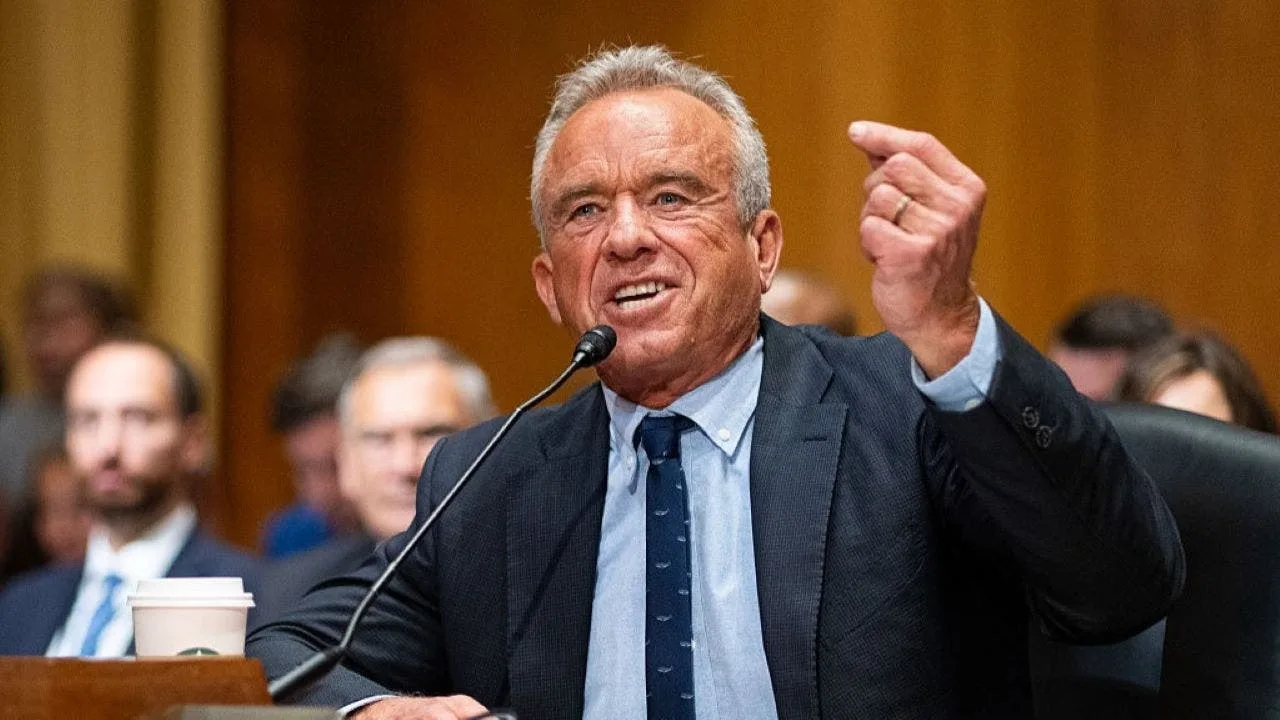Health and Human Services Secretary Robert F. Kennedy Jr. recently faced intense scrutiny during a Senate Finance Committee hearing. Senator Ron Wyden questioned Kennedy on his policies and their potential impact on children’s health, sparking a heated exchange that reflects the ongoing national debate over public health, scientific evidence, and government oversight.
Violet Yakobi Murder: Son Convicted of Killing Mother for Her $12 Million Estate
What Happened
During the hearing, Senator Wyden accused Kennedy of implementing policies that could potentially endanger children. Wyden criticized Kennedy for lacking a scientific basis in his decisions, stating, “This is about risking children due to careless options.” He questioned whether Kennedy’s personal views were influencing critical health policies affecting American children.
Kennedy responded by pointing to Wyden’s long tenure, highlighting what he described as a failure to adequately address childhood health concerns over the past two decades. Kennedy noted increases in childhood diseases and infant mortality, suggesting that some issues stemmed from policies under the Biden administration.
Who Is Robert F. Kennedy Jr.
Robert F. Kennedy Jr., a longtime environmental activist and public figure, currently serves as Health and Human Services Secretary under the Biden administration. Kennedy is known for his controversial stance on vaccine safety, particularly regarding childhood vaccinations, which has led to widespread debate about his ability to effectively lead the department.
Background and Timeline
The hearing comes amid growing controversy over Kennedy’s leadership. A letter signed by more than 1,000 current and former HHS employees called for his resignation, citing concerns that his decisions are influenced by political bias rather than scientific evidence. The dismissal of Kennedy’s former CDC director, Susan Monarez, intensified criticism, drawing attention from high-profile politicians including Senator Bernie Sanders.
During the hearing, committee chairman Senator Mike Crapo intervened to manage the discussion, allowing Wyden a brief opportunity to respond. The exchange underscored the seriousness of concerns regarding Kennedy’s policies and the tension surrounding U.S. public health strategies.
Public and Social Media Reaction
The confrontation sparked widespread discussion across social media and political forums. Critics argue that Kennedy’s views could undermine public confidence in essential health programs, particularly vaccinations. Supporters, however, claim his alternative approach to public health offers a valuable counterpoint to mainstream policy, especially in the area of childhood vaccination.
Official Statement and What Happens Next
The debate highlights deep divisions in U.S. health policy, particularly regarding government regulation of children’s health. Kennedy’s leadership remains under scrutiny, and the hearing underscores ongoing challenges for the Department of Health and Human Services in balancing public trust, scientific integrity, and political pressures.
As of now, it remains unclear how disputes surrounding Kennedy’s tenure will influence future health initiatives and policy decisions. The situation continues to be closely monitored by lawmakers, public health officials, and the American public.
Conclusion
The Senate hearing involving Robert F. Kennedy Jr. illustrates the complexities of public health leadership amid political and scientific scrutiny. While questions remain about his policies and their impact on children, the debate highlights the critical need for evidence-based approaches and transparency in shaping U.S. health policy.
